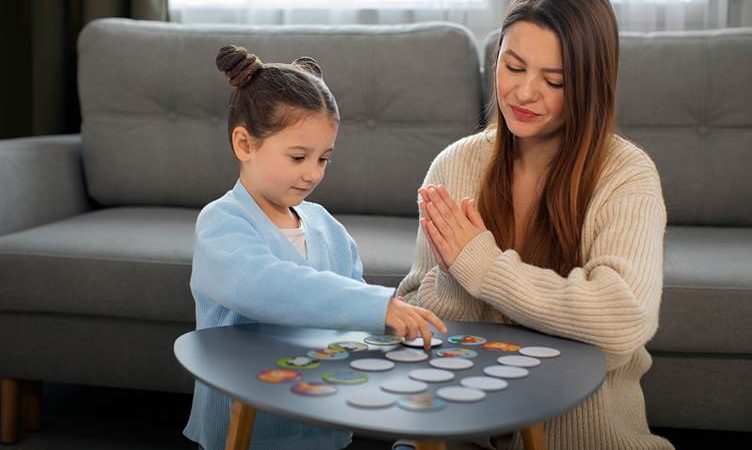Understanding child psychology is an essential part of early childhood education. It provides aspiring educators with the knowledge to interpret children’s behaviour, support developmental milestones, and tailor teaching strategies accordingly. Child psychology is not just a supplementary subject, it is central to how these professionals shape the learning environment for young minds; thus, anyone curious about early childhood education courses should know about it.
Foundations of Child Development and Behaviour
Most early childhood education courses begin with a deep dive into developmental theories. These include the cognitive stages defined by Jean Piaget, the psychosocial stages of Erik Erikson, and attachment theories by John Bowlby. Students learn how each theory contributes to understanding behaviour, emotional needs, and cognitive growth in children aged 0 to 8. The course helps educators recognise that behaviours often reflect specific stages of development. For example, toddler tantrums are not just disobedience but a result of limited emotional regulation skills. These foundational frameworks equip educators with the language and tools to interpret behaviour, not just discipline it.
Observation and Interpretation Skills
A large part of child psychology training in early childhood education focuses on developing observational skills. Trainees learn to systematically watch and record children’s interactions, language use, problem-solving approaches, and emotional responses. This data becomes critical in identifying learning challenges, social issues, or developmental delays early on. Courses train future educators to avoid subjective judgment and instead rely on structured frameworks for observation. Early childhood educators are better prepared to create intervention plans or to collaborate with parents and specialists when necessary by refining this skill.
Emotional and Social Development in Learning Contexts
Courses also examine how emotions affect learning and social integration. Educators are taught that emotional security is fundamental for cognitive engagement. Lessons cover emotional regulation, empathy development, and conflict resolution between peers. Understanding the emotional triggers and needs of young learners helps educators foster a safe and responsive classroom environment. This section of the course also prepares them to handle anxiety, aggression, or social withdrawal effectively—not through discipline alone but through supportive strategies backed by psychological insights.
ALSO READ: Career Prospects After Completing an Early Childhood Education Degree in Singapore
Language and Cognitive Psychology
An essential area in child psychology within early childhood education is language development. Courses break down the stages of language acquisition and link them to brain development and cognitive processing. Educators are taught to use age-appropriate questioning, storytelling, and interaction methods to stimulate receptive and expressive language. Additionally, trainees explore how language delays may indicate broader developmental concerns and how to support children with such difficulties in inclusive settings. Cognitive psychology principles, such as attention span and memory development, are also integrated to help educators time activities, design lesson plans, and adjust pacing based on developmental readiness.
Application Through Case Studies and Practicums
A theoretical understanding of child psychology is reinforced through practical components in most early childhood education courses. Trainees engage in case studies or field placements where they apply psychological principles to real-life classroom situations. This approach bridges the gap between textbook knowledge and classroom realities. Educators learn to adapt their responses to the individual needs of children, based on psychological understanding rather than one-size-fits-all strategies. This process enhances confidence, empathy, and professionalism in their future teaching careers.
Conclusion
Child psychology is one of the most significant aspects for anyone looking to comprehend what early childhood education courses can offer. It prepares prospective educators to decode children’s activities, encourage their development, and create learning environments based on established psychological concepts. Beyond academic knowledge, it cultivates the mentality required to become a reflective, sensitive, and competent practitioner in the field.
Visit Asian International College and let us equip you with the skills to understand children from the inside out.


